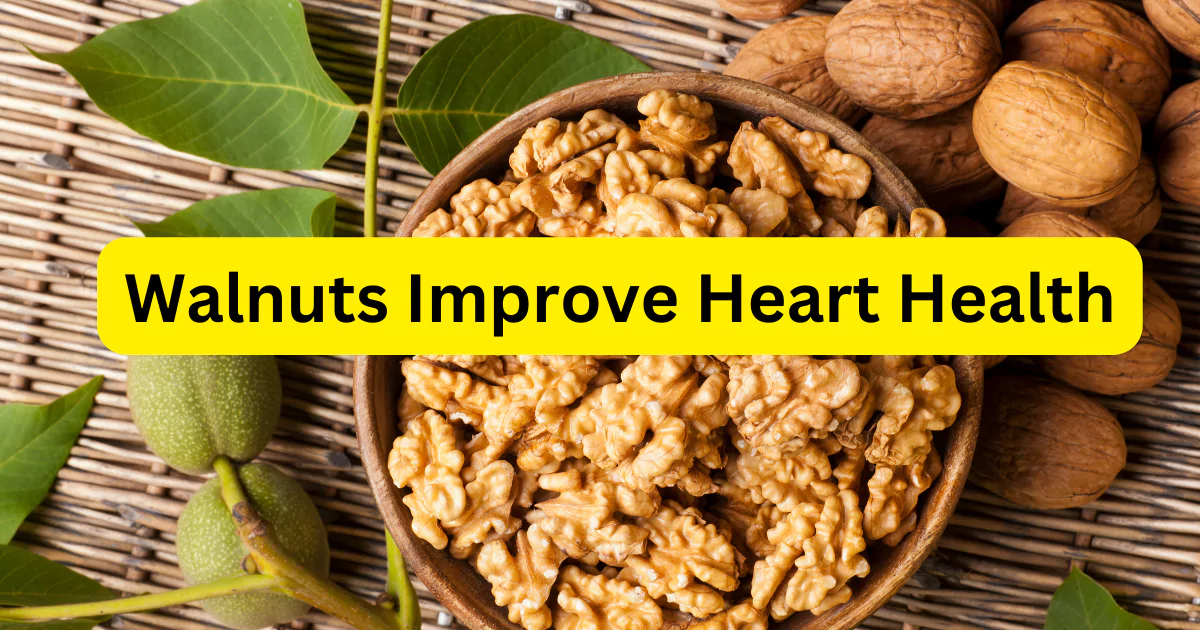Introduction to Walnuts and Heart Health
Welcome to the heart-healthy world of walnuts! These little powerhouses not only make a delicious snack but also offer a myriad of benefits for your cardiovascular health. If you’re looking to boost your heart’s well-being in a natural and tasty way, then read on to discover how walnuts can be your heart’s new best friend.
The Nutritional Benefits of Walnuts
Walnuts are not just a tasty snack; they are also packed with essential nutrients that can benefit your heart health. These nuts are rich in omega-3 fatty acids, which have been shown to reduce the risk of heart disease and stroke. Additionally, walnuts contain antioxidants like vitamin E, polyphenols, and plant sterols that help combat inflammation and oxidative stress in the body.
Moreover, walnuts provide a good source of fiber and protein, promoting feelings of fullness and aiding in weight management—another factor linked to improved heart health. The mineral content of walnuts includes magnesium, which plays a crucial role in regulating blood pressure levels.
Adding walnuts to your diet can be an easy way to boost your intake of these essential nutrients while satisfying your taste buds at the same time. Whether sprinkled on salads, blended into smoothies or simply enjoyed as a convenient snack on-the-go, incorporating walnuts into your daily routine is a delicious way to support your heart health.
How Walnuts Affect Cholesterol Levels
Many people are unaware of the powerful impact that walnuts can have on cholesterol levels. Studies have shown that incorporating walnuts into your diet can help lower LDL (bad) cholesterol while increasing HDL (good) cholesterol, creating a more favorable balance for heart health.
Walnuts are rich in omega-3 fatty acids, specifically alpha-linolenic acid (ALA), which has been linked to reducing inflammation and improving blood vessel function. These beneficial fats play a key role in lowering overall cholesterol levels and decreasing the risk of cardiovascular diseases.
Moreover, the antioxidants found in walnuts help combat oxidative stress and prevent the oxidation of LDL cholesterol, which is a crucial step in preventing plaque buildup in arteries. By including walnuts as part of a healthy diet, you can support your heart health by positively influencing your cholesterol profile.
The Role of Walnuts in Reducing Inflammation and Blood Pressure
Walnuts play a crucial role in reducing inflammation and lowering blood pressure, making them a powerful ally in promoting heart health. These tree nuts are packed with antioxidants and omega-3 fatty acids that help combat inflammation throughout the body. By fighting off oxidative stress and reducing inflammatory markers, walnuts can support overall cardiovascular wellness.
Moreover, the alpha-linolenic acid (ALA) found in walnuts has been linked to improvements in blood vessel function and regulation of blood pressure. This natural compound helps relax blood vessels, allowing for better circulation and potentially lowering high blood pressure levels. Incorporating walnuts into your diet regularly can contribute to maintaining healthy blood pressure readings and decreasing the risk of hypertension-related complications.
Including a handful of walnuts as part of your daily snacking routine or incorporating them into meals like salads or oatmeal can be an easy way to reap their anti-inflammatory and blood pressure-reducing benefits. By making walnuts a staple in your diet, you’re taking proactive steps towards supporting your heart health naturally.
Other Ways Walnuts Improve Heart Health
Walnuts offer more than just a tasty crunch; they pack a powerful punch when it comes to heart health. Apart from their role in lowering cholesterol and reducing inflammation, walnuts provide additional benefits that contribute to a healthier heart.
Rich in antioxidants, walnuts help combat oxidative stress in the body, protecting the heart from damage caused by free radicals. These antioxidants also play a crucial role in preventing plaque buildup in arteries, reducing the risk of cardiovascular diseases.
Walnuts are an excellent source of omega-3 fatty acids, specifically alpha-linolenic acid (ALA), which has been linked to improved heart health. ALA helps lower blood pressure and reduce the risk of irregular heart rhythms, promoting overall cardiovascular well-being.
Moreover, the fiber content in walnuts aids in maintaining healthy blood sugar levels and supports optimal gut health. By promoting good digestion and regulating blood glucose levels, walnuts indirectly contribute to a healthy heart by preventing metabolic disorders associated with cardiovascular issues.
Incorporating Walnuts into Your Diet
Looking to boost your heart health? Incorporating walnuts into your diet is a simple and delicious way to do just that. These nutrient-packed nuts are a versatile ingredient that can easily be added to various dishes.
Start your day off right by sprinkling chopped walnuts on top of your yogurt or oatmeal for an extra crunch and nutty flavor. You can also toss them into salads for a tasty twist on your greens.
Craving something sweet? Try baking with walnuts in muffins, cookies, or banana bread for a healthy dose of omega-3 fatty acids. They add richness and texture while providing numerous health benefits.
If you’re a fan of savory dishes, consider using crushed walnuts as a coating for chicken or fish instead of breadcrumbs. The possibilities are endless when it comes to incorporating these heart-healthy nuts into your meals!
Conclusion: Making Walnuts a Part of a Heart-Healthy Lifestyle
Incorporating walnuts into your daily diet is a simple and delicious way to boost your heart health. With their impressive nutritional profile, including heart-healthy fats, antioxidants, and essential nutrients, walnuts offer a wide range of benefits for cardiovascular wellness.
By positively impacting cholesterol levels, reducing inflammation, lowering blood pressure, and supporting overall heart function, walnuts have earned their reputation as a superfood for the heart. Including a handful of walnuts in your meals or snacks each day can make a significant difference in maintaining a healthy heart.
Whether you sprinkle them on top of salads, blend them into smoothies, or simply enjoy them as a convenient snack on their own, there are endless ways to incorporate walnuts into your diet. Start reaping the benefits today by making walnuts an essential part of your heart-healthy lifestyle. Your heart will thank you!







